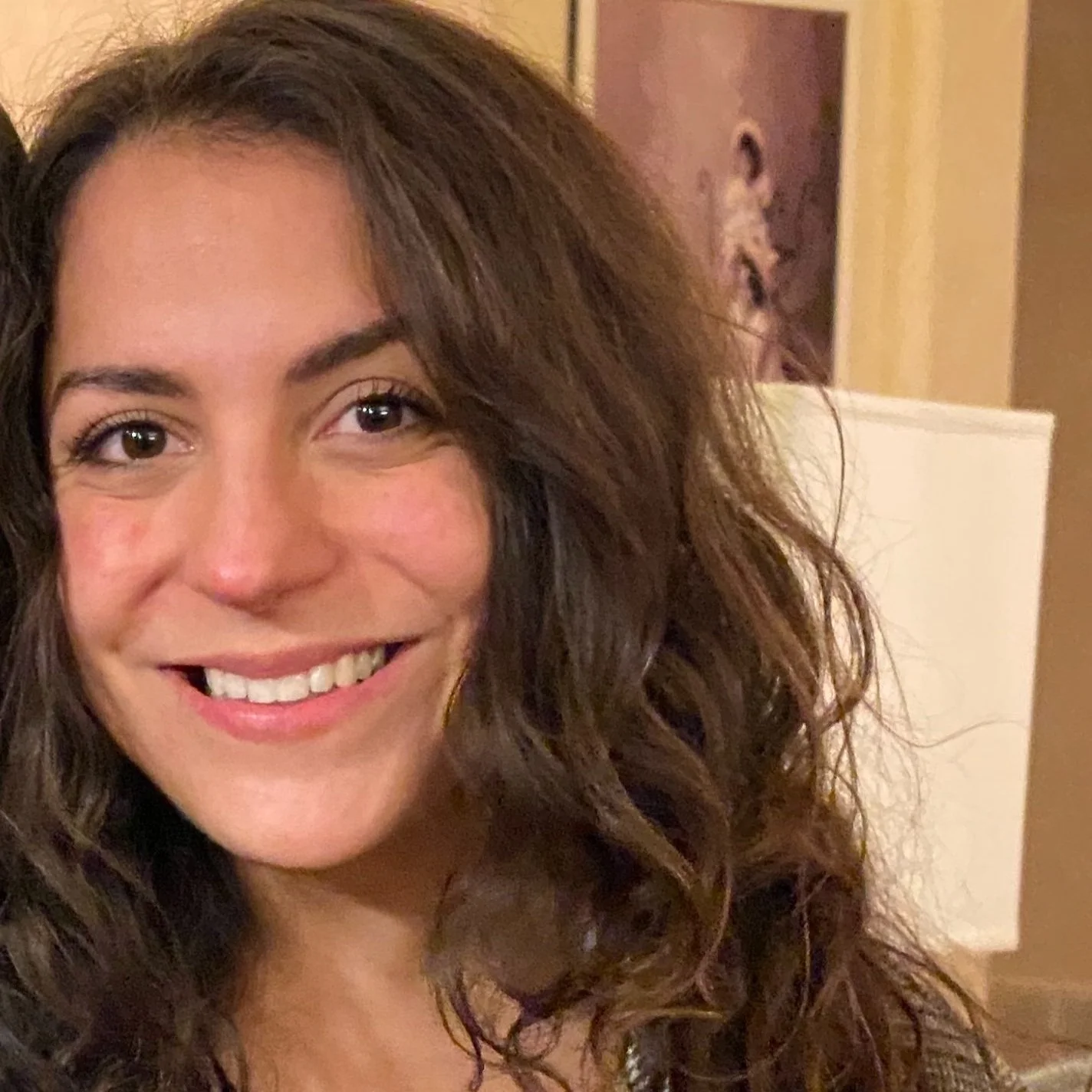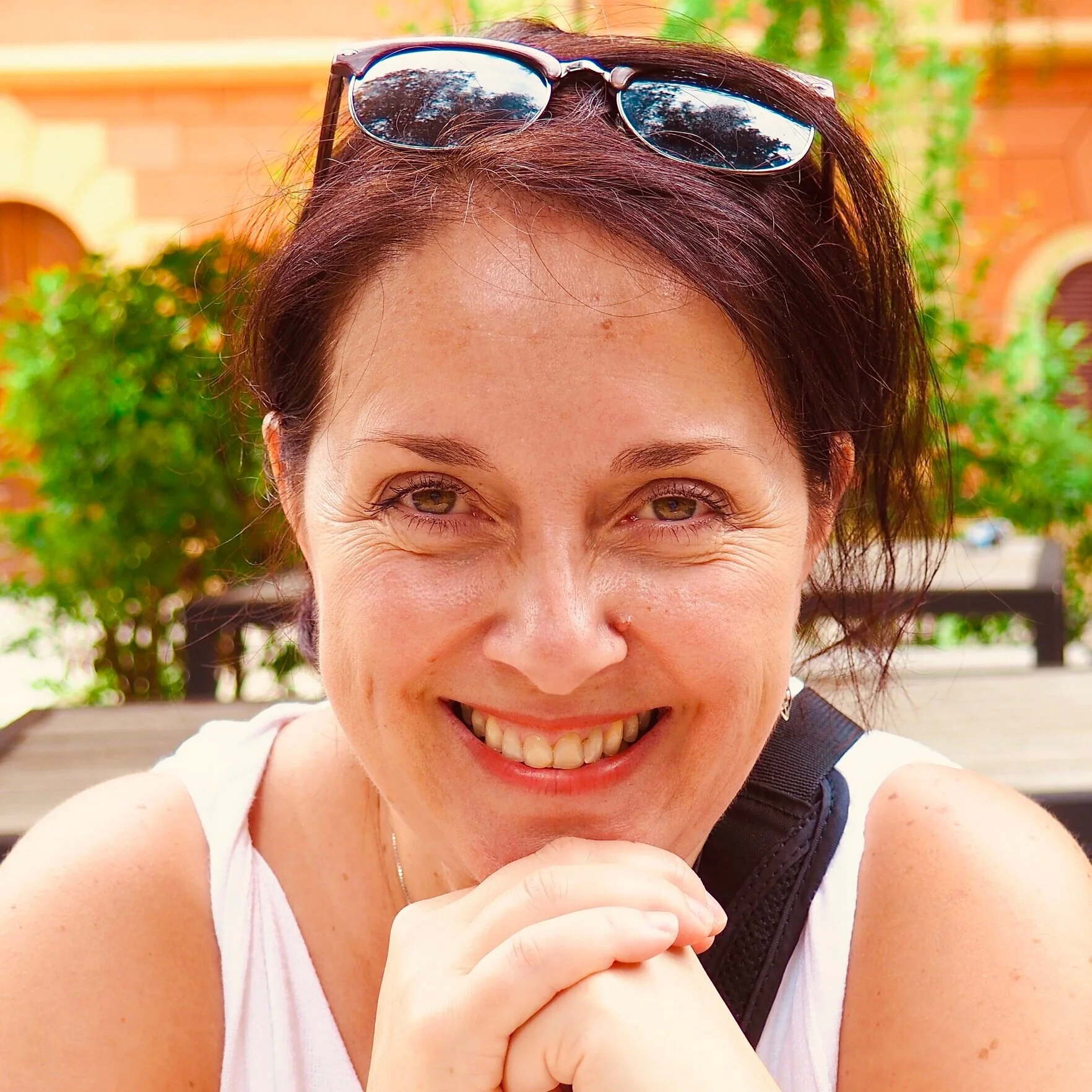MicroDegree in Psychological Neuroscience
Concept
Pursue neuroscience education and earn credentials through the Centre for Applied Neuroscience in a mentorship-based format with Professor Dr. Mandy Wintink, PhD.
What is a MicroDegree?
The concept of MicroDegrees was popularized by the MOOCs (Massive Online Open Courses) platform Coursera. MOOCs are taught primarily by university professors who have appointments at other institutions but offered to a massive student group because they are online. MOOCs have been an excellent way to make education more accessible to more people, without people having to complete a whole degree. MOOCs offer instead single courses, certificates, and more recently, MicroDegrees. These innovations in post-secondary education have disrupted the standard model, for good reason. The standard model is old and outdated and is not flexible enough to account for emerging ideas and areas of interest. That being said, there is a still a gap that we feel needs filling: Mentorship! Neither MOOCs or the conventional system are good at providing mentorship around personalized individual learning objectives. The loss of mentorship and individual study with professors (who are still experts in their fields) is a valuable piece of learning material deeply. That’s where CAN and (Mandy Wintink, the one with a PhD in Neuroscience and Psychology) come in. Having been part of the conventional university system for over 2 decades and an education innovator for even longer, Mandy sees the value in having students study deeply with a mentor who is an expert in the field of study of interest so that students can be guided to fill their own knowledge gaps and interests. To provide that service, we launched a MicroDegree in Psychological Neuroscience studyship.
Format
This course is a 13-month course, with meetings happening once a month, either online or in Toronto if possible.
Part 1: Survey Class
The class will be a small group students (max 5) who will meet once a month online (or in person when possible) with Dr. Wintink to survey general neuroscience and psychology topics of current relevance. The topics of the class are chosen with the purpose to provide students with a good overview of important concepts in neuroscience and psychology and for the students to feel confident in their new credentials. A full list of the topics are listed below. During this class students will be expected to review the curated content (e.g., scientific articles, books, lectures) distributed by the professor prior to each class. Each class will involve a combination of lecture by the professor, student presentations, and facilitated discussions as is typically done in graduate school and upper level undergraduate classes. The class will consist of six 3- to 4-hour classes, during a 6-month period.
Students will be introduced to the overall topic the month before and then choose a subtopic to study more in-depth on their own in preparation for the next class. Students will be directed to specific resources and use a set of guiding questions and have one month to learn about their topic. They will return after a month and present on their topics to the rest of the class.
Part 2: Independent Projects
The second half of the course is where students choose a topic of their particular interest and work under the direct supervision of their professor/supervisors to develop their topic into a written thesis or another defined project. Here, students will meet individually with their professor once a month for the next 5 months. The professor will provide support for the student to shape the project, source information, discuss resources and content, and eventually prepare the learning for a document to be written or otherwise presented to the class (including the professor) and publicly.
Topics will be chosen under consultation with the professor. They may be extensions of topics studied during the first 6 months of the course or they may be entirely different topics. Together, the student and the professor will determine a topic that is both of deep interest to the student and one that is manageable to tackle in a 6-month period. Students may start with an idea of what they are interested in pursuing as a topic or wait to survey neuroscience topics before choosing. Ultimately, the topics should be of sincere interest to the student.
The thesis portion starts after the survey portion. Students work monthly to research their ideas and come for monthly check-in and presentations of the information that is becoming part of their written document. Small writing assignments happen throughout. The first draft of a thesis is due within 4 months and a final draft is typically due a month or two after that. Together, the thesis supervisor and the student will determine the thesis presentation date. The final thesis document will be due for review prior to scheduling the presentations.
MicroDegree Programs
Application Process
Those interested in applying for a MicroDegree should complete the online application here and email a copy of their resume or CV directly to Dr. Mandy Wintink (awintink@canc.ca). Suitable candidates will be invited to an interview.
Prerequisite
To apply for the MicroMaster’s Degree, an undergraduate degree or equivalent is required.
MicroDegree Students
Disclosure
These terms are currently being used in the MOOCs community. MOOCs are Massive Online Open Courses (e.g., Coursera, EdX, Udacity). The term MicroDegree was coined by MIT and Harvard in partnership with Coursera. They attempted to trademark it, despite saying that it would be open for others to use. As far as I can find, their application for trademark was not granted and the term is allowed for general use. They currently do have an application submitted for trademark for MicroBacherlors and MicroMasters (as of the winter of 2019) but it is uncertain if they will earn trademark status. The Centre for Applied Neuroscience cannot guarantee that it will be able to continue to use these terms if the trademark application on MicroBachelors and MicroMasters is approved. However, we are VERY confident that we will continue to be able to use MicroDegree. You, on the other hand, could likely still use this regardless and regardless, we will support the education you students do with us, nonetheless.





